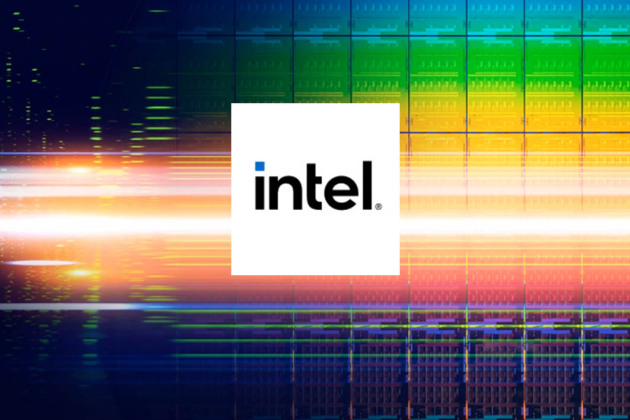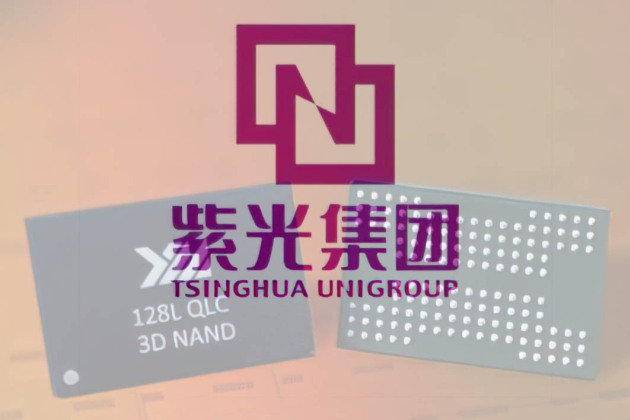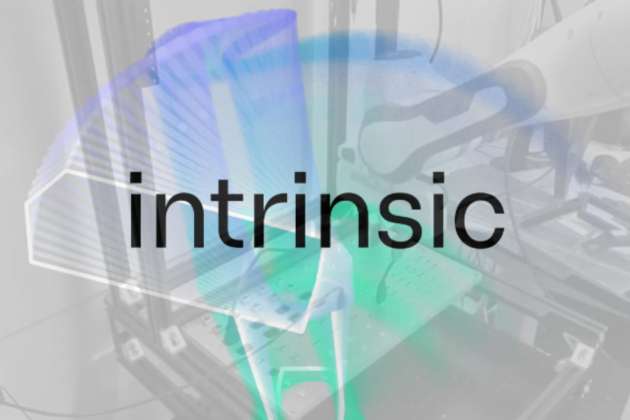The electric makes Smart fall into oblivion
Since Smart only offers electric models, sales have plunged. In recent weeks, several brands have announced their conversion to 100% electric, with more or less deadlines...
08/04/2022
Since Smart only offers electric models, sales have plunged.

In recent weeks, several brands have announced their conversion to 100% electric, with more or less distant deadlines: by 2030 for Alpine, Ford or Jaguar, 2040 for Honda. But a manufacturer born in the thermal era has already made the switch: Smart.
At the end of 2019, during their restyling, the Fortwo and Forfour abandoned petrol engines. Since then, only the 100% electric version, named EQ, remains. An avant-garde, but logical choice: these are urban models and the electric motor fits perfectly with this playing field.
Moreover, small gasoline-powered city cars will become increasingly rare. Basically, these cars are unprofitable, which caused brands like Ford and Opel to throw in the towel. And they are even less so with increasingly strict anti-pollution standards, which therefore entail more and more costs. This is the reason given by Luca de Meo to justify the discontinuation of the thermal Twingo within a few years.
Symbol of the evolution of the segment, the Twingo has just offered an electric variant. However, it could have done it long before since Smart EQs have been around since the end of 2016. The report? They are the technical cousins of the French. Unfortunately for them, this advance did not turn into a commercial advantage. Since they are ignoring gasoline, the Fortwo and Forfour have seen their sales melt.
In a market that is admittedly still disrupted by health measures, Smart only sold 548 cars in France from January to April. Over the same period of 2019, when it was still offering thermal, the manufacturer had sold 2,577 cars. If we take into account the market disruptions (still down 20% compared to 2019), sales have still been divided by four.
The Smarts are once again very discreet on our roads. It must be said that they are not helped by the small 17.6 kWh battery which gives a meager autonomy: 135 km on the Fortwo, 130 km on the Forfour. Suffice to say that in real conditions, we barely exceed 100 km!
For the 4-seater version, this is clearly not enough. For the two-seater, cut for the city, that could be enough… if the prices weren't crazy. A Fortwo starts at €26,750. There is the €7,000 bonus, but in the category, there are more interesting choices. Already the Twingo cousin, which is displayed from €21,550, with a larger 22 kWh battery, with a range of 190 km. And in the chic genre, the new Fiat 500e offers 320 km of autonomy from €27,500.
The Fortwo also suffers from the evolution of mobility in the city. On its playground, it is attacked from all sides, from the simple electrically assisted bicycle to the Citroën Ami, via car-sharing services.
Converting to electric is not enough, it is still necessary to have convincing products… They will surely arrive from 2023, when Smart will make a new start in the form of a joint venture with the Chinese Geely.




